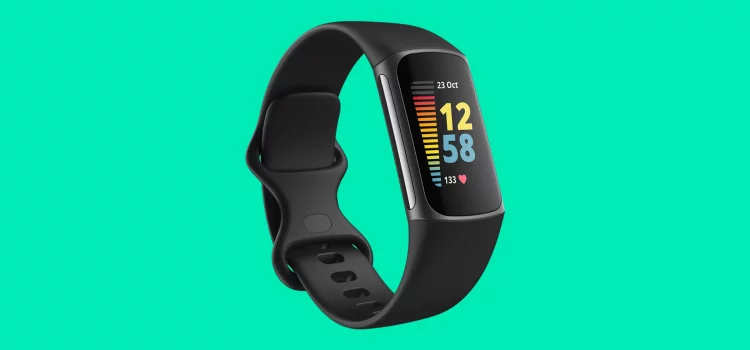
4 Disadvantages of Giving Your Child a Fitness Tracker
In an age where technology intertwines with our daily lives, the concept of equipping our children with fitness trackers has gained momentum. While these devices offer several benefits, it’s essential to consider the potential downsides carefully. In this article, we’ll explore four disadvantages of giving your child a fitness tracker.
1. Your Child Might View Exercise as a Chore
The Conundrum: Fitness trackers provide valuable data about your child’s activity levels, but they can inadvertently transform the joy of physical activities into a mere numbers game. The pursuit of reaching a daily step count may overshadow the importance of overall health and enjoyment in exercise.

Discouraging Diverse Activities: Fitness trackers may inadvertently discourage children from engaging in a variety of healthy exercises like climbing, spinning, rolling, and throwing, which don’t necessarily contribute to daily step goals. This singular focus can limit their physical exploration.
Dependency on the Tracker: Additionally, children might become reliant on their fitness tracker as the sole validation of their efforts, potentially leading to a lack of motivation to exercise when the device isn’t worn.
2. The Technology Might be Addictive
The Temptation: Just like any digital device, fitness trackers have the potential to become addictive for children. While many trackers have straightforward designs, they still introduce an additional gadget that captures your child’s attention and desire for daily use.
Technology Distraction: The constant monitoring and desire to meet activity goals might inadvertently shift the focus away from unstructured play and other non-digitized activities that promote a well-rounded childhood.
3. Data Is Not Always Accurate
The Reliability Issue: Fitness trackers are excellent at collecting data, but the accuracy of this data can be questionable. Research has shown discrepancies of up to 26% in metrics such as step counts across different trackers. Metrics like heart rate and calorie burn estimations can also be subjective.
Data-Driven Decisions: Relying solely on fitness tracker data for critical decisions about your child’s health, such as nutrition choices, might not be advisable due to these inaccuracies.
4. Fitness Trackers May Cause Anxiety in Some Kids
The Anxiety Factor: The fixation on numbers and meeting daily targets can create anxiety in some children. The pressure to achieve certain goals set by the tracker can lead to feelings of inadequacy or disappointment if they fall short.
Well-Being Concerns: The focus on numbers rather than overall well-being can negatively impact a child’s mental and emotional health, potentially leading to stress and anxiety.
In Conclusion
While fitness trackers can be valuable tools for monitoring activity levels, it’s crucial for parents to consider both the advantages and disadvantages before introducing these devices to their children. Striking a balance between technology-assisted health tracking and fostering a genuine love for physical activity and well-being is key. Ultimately, responsible use and open communication can help mitigate the potential downsides and ensure a positive experience for your child.










